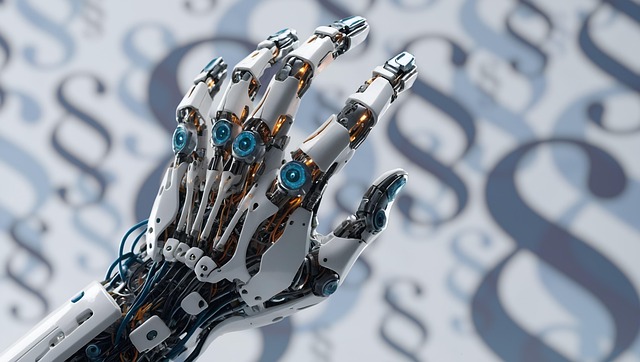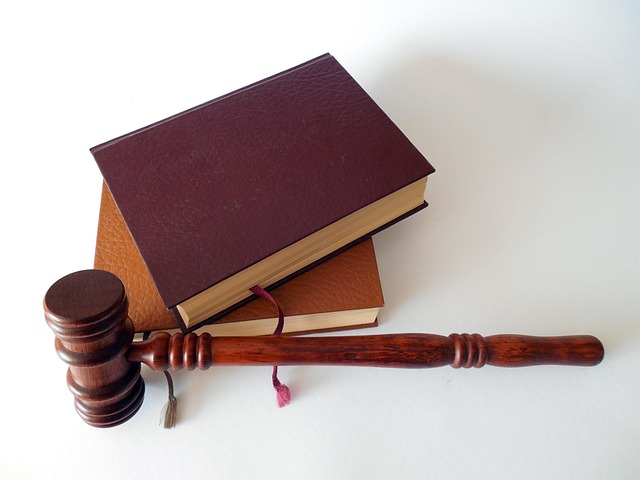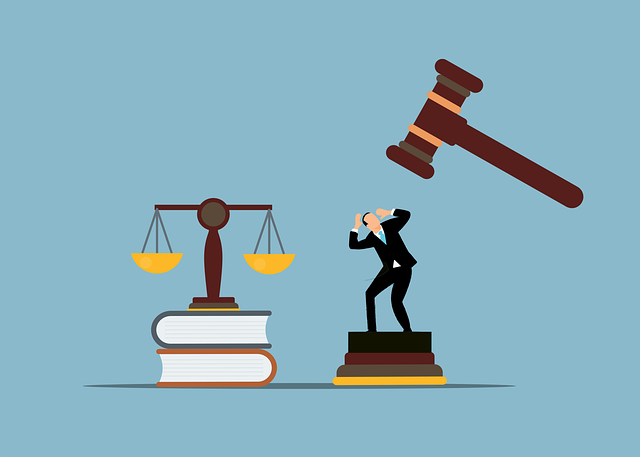Bias in criminal proceedings, influenced by race, gender, and socioeconomic factors, significantly impacts trial outcomes. Mitigating these biases requires diverse juries, meticulous records, and transparent communication. Legal professionals with expertise in criminal proceedings expertise play a crucial role in ensuring fair treatment by counteracting biases, using specialized knowledge to build robust defenses, and advocating for marginalized defendants. This holistic approach leverages criminal proceedings expertise to create an equitable system where all individuals receive fair trials.
In the pursuit of justice, advocating for fair treatment in criminal defense cases is paramount. This article delves into the intricate web of biases that can influence outcomes during criminal proceedings, highlighting the crucial role of expertise in ensuring equal defense. We explore strategies to navigate systemic inequities, empower clients through knowledgeable advocacy, and ensure every individual receives a just trial. Understanding bias and leveraging specialized knowledge are key steps towards fairness in our justice system.
- Understanding Bias in Criminal Proceedings
- The Role of Expertise in Fair Defense
- Strategies to Ensure Equal Treatment
- Overcoming Systemic Inequities in Court
- Empowering Clients through Knowledgeable Advocacy
Understanding Bias in Criminal Proceedings

Understanding bias in criminal proceedings is crucial for advocating fair treatment in defense cases. Bias, whether conscious or unconscious, can significantly influence the outcomes of trials. Jurors, judges, and even law enforcement officers may harbor preconceived notions based on race, gender, socioeconomic status, or other factors, which can lead to unfair judgments. Recognizing these biases is essential as they can subconsciously shape decisions throughout the entire criminal justice process.
Professionals in the field of criminal proceedings must leverage their expertise to mitigate bias. This includes ensuring diverse juries, meticulous record-keeping, and transparent communication. By promoting awareness and implementing measures to address implicit biases, it’s possible to foster a more equitable system that respects the rights of all individuals involved in criminal defense cases.
The Role of Expertise in Fair Defense

In criminal defense cases, the role of expertise is paramount to ensuring fair treatment. Lawyers and legal experts play a crucial part in navigating complex criminal proceedings. Their knowledge of laws, court procedures, and legal precedents enables them to build robust defenses, challenge evidence, and protect the rights of their clients. This expertise is essential in countering potential biases or misunderstandings that might occur during high-stress legal battles.
Furthermore, specialists in fields like forensic science, psychology, and medicine can provide valuable insights that enrich defense strategies. Their contributions help uncover facts, clarify doubts, and present a compelling narrative, thereby fostering a more just outcome. This holistic approach leverages expertise to level the playing field, ensuring that every individual accused of a crime receives a fair trial.
Strategies to Ensure Equal Treatment

Ensuring equal treatment in criminal defense cases requires a multifaceted approach leveraging both legal strategy and ethical advocacy. One key strategy is to thoroughly investigate and expose potential biases within the system, from policing practices to prosecutorial decisions. Lawyers with expertise in criminal proceedings can challenge discriminatory patterns by closely examining evidence and witness testimonies, ensuring that every piece of information is evaluated impartially.
Moreover, building strong relationships with community organizations and legal aid groups can amplify the voices of marginalized defendants. These collaborations facilitate access to representation and provide a support network for navigating complex criminal procedures. By combining legal acumen with community engagement, advocates can foster a more equitable system where fair treatment is not just a right but a reality for all individuals involved in criminal defense cases.
Overcoming Systemic Inequities in Court

Overcoming systemic inequities in court is a critical aspect of ensuring fair treatment in criminal defense cases. The criminal justice system, despite its intent to deliver justice, often perpetuates biases and disparities that can significantly impact outcomes. Legal professionals with expertise in criminal proceedings play a pivotal role in navigating these complexities.
Advocates must be vigilant in identifying and challenging practices that create systemic barriers for marginalized communities. This includes addressing racial and economic disparities in representation, ensuring access to competent legal counsel, and promoting transparency in decision-making processes. By leveraging their knowledge of criminal law and procedures, defense attorneys can advocate for policies and strategies that foster equality and fairness throughout the entire judicial process.
Empowering Clients through Knowledgeable Advocacy

Empowering clients in criminal defense cases is a key aspect of ensuring fair treatment and outcomes. Knowledgeable advocacy plays a pivotal role in this process, as it equips individuals with a deep understanding of their rights and options within criminal proceedings. Through comprehensive legal expertise, advocates can guide their clients through the complex system, demystifying jargon and procedures to foster clarity and confidence.
This empowerment goes beyond mere information sharing; it involves building trust and enabling clients to actively participate in decision-making. By providing tailored support and strategic guidance, defenders enable individuals to navigate criminal justice processes with resilience and dignity. Ultimately, this approach not only strengthens the defense strategy but also fosters a sense of agency, ensuring that every client is equipped to advocate for themselves in pursuit of a fair and just outcome.






